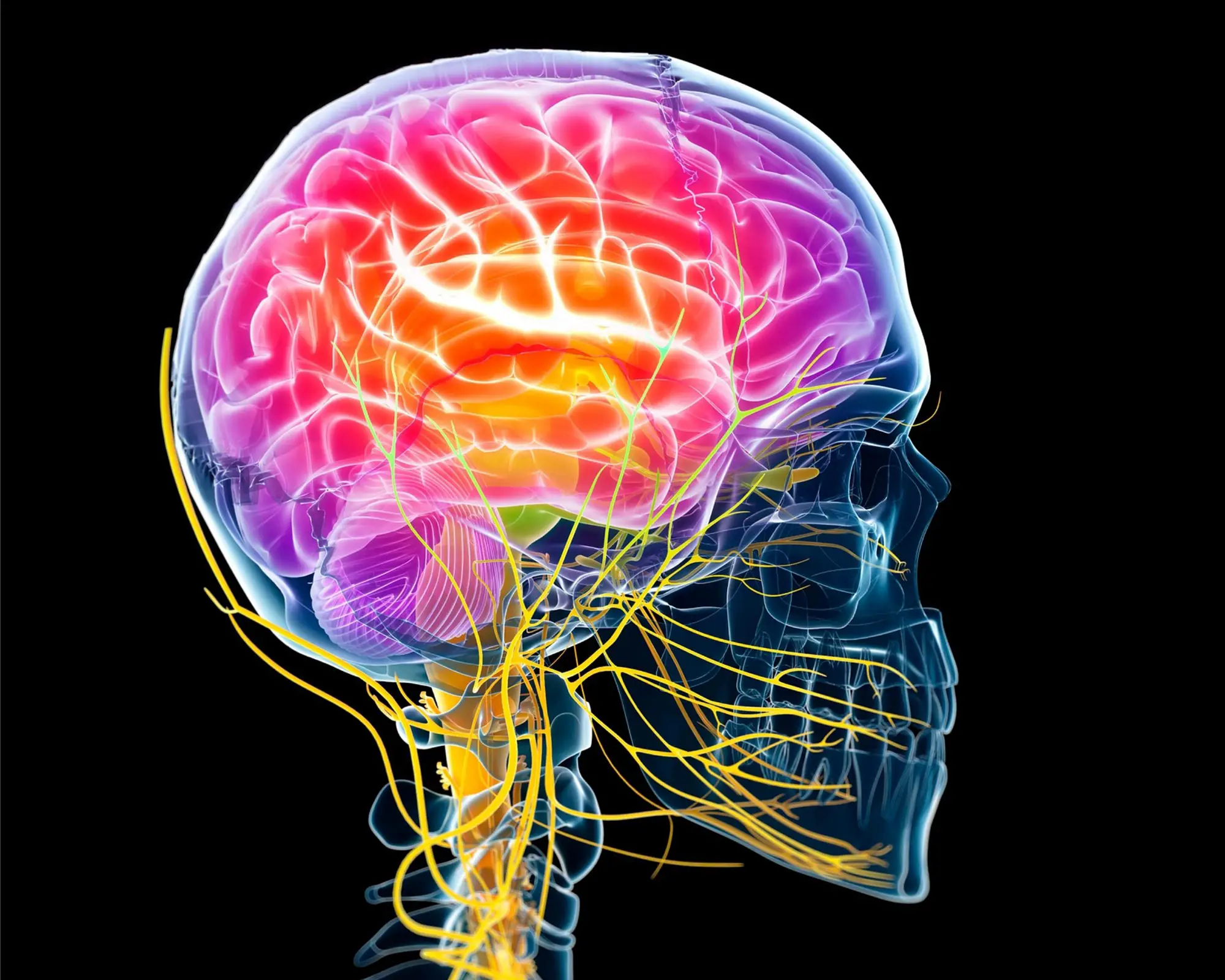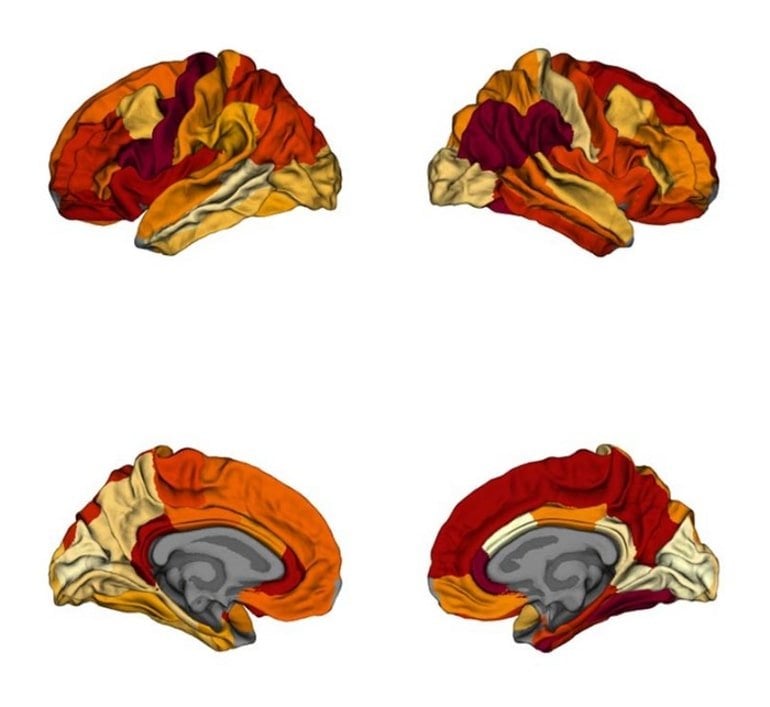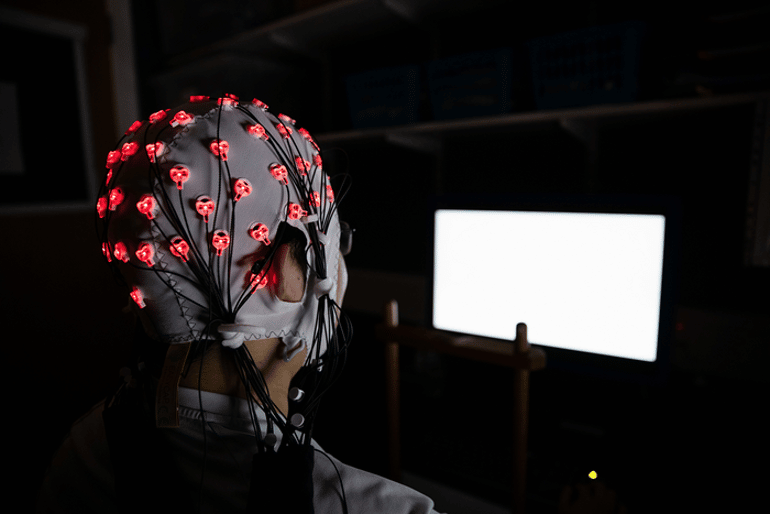
Theepochtimes.com

MSNBC Anchor Experiences Myocarditis and Pericarditis, Hospitalized
This is a news story about an MSNBC anchor who was recently hospitalized due to myocarditis and pericarditis. Myocarditis is an inflammation of the heart muscle, while pericarditis is an inflammation of the sac surrounding the heart. The anchor is currently in stable condition and is expected to make a full recovery. This story highlights the importance of recognizing the signs and symptoms of these conditions and seeking medical attention as soon as possible.

WOODTV.com

#ThyroidDisease - How to Check for Symptoms and Family History
Thyroid disease is a condition that affects the thyroid gland, which is responsible for producing hormones that regulate metabolism, growth, and development. Symptoms of thyroid disease can include fatigue, weight gain or loss, changes in appetite, difficulty sleeping, dry skin, and more. It is important to check for symptoms of thyroid disease and to understand your family history of the condition. Your doctor may recommend blood tests to check for thyroid hormone levels, as well as imaging tests to look for any abnormalities in the thyroid gland. Additionally, it is important to discuss any family history of thyroid disease with your doctor, as this can help them determine if you are at risk for developing the condition.

Independent
#OpioidAddiction: How Buying Seeds Online to Brew Tea for Chronic Pain Led to Addiction
This is the story of how one person's attempt to find relief from chronic pain led to an addiction to opioids. The person in question had been suffering from chronic pain for years and had tried many different treatments, but nothing seemed to work. In desperation, they turned to buying seeds online to brew tea as a natural remedy. Unfortunately, this led to an addiction to opioids as the person became dependent on the tea for relief. This story serves as a cautionary tale of how even seemingly harmless activities can lead to addiction if not monitored closely.

Neurosciencenews.com

Can Sleep Medication Increase Your Risk of Dementia? #SleepMedication #Dementia
Can Sleep Medication Increase Your Risk of Dementia? is a research article that examines the potential link between sleep medications and dementia. The article reviews existing studies on the topic and discusses the potential risks associated with taking sleep medications. It also provides advice on how to reduce the risk of developing dementia if you are taking sleep medications.

Neurosciencenews.com

#BetaBlockers #LowerRatesOfViolence
Beta blockers are a type of medication that can help to reduce the risk of violence. They work by blocking the effects of adrenaline, which can cause an increase in heart rate and blood pressure. This can help to reduce the intensity of aggressive behavior and lower rates of violence. Beta blockers can be used to treat anxiety, panic attacks, and other mental health issues that may contribute to violent behavior. They can also be used to help manage the symptoms of post-traumatic stress disorder (PTSD).

SciTechDaily

#MentalAndNeurologicalDisorders - Scientists Uncover New Therapeutic Targets
Mental and neurological disorders are complex conditions that can have a significant impact on an individual's life. Recent advances in neuroscience have enabled scientists to uncover new therapeutic targets for these disorders, providing hope for those affected. These targets include genetic mutations, neurotransmitter imbalances, and other biological factors that may be involved in the development of mental and neurological disorders. By understanding the underlying causes of these disorders, researchers can develop more effective treatments and interventions.

Neurosciencenews.com

Obesity and Neurodegenerative Diseases: How They Mimic Alzheimer's Disease
Obesity and Neurodegenerative Diseases: How They Mimic Alzheimer's Disease is a book that explores the link between obesity and neurodegenerative diseases, such as Alzheimer's disease. It examines how obesity can lead to changes in the brain that mimic the symptoms of Alzheimer's disease, and how these changes can be reversed with lifestyle modifications. The book also provides an overview of the latest research on the topic, and offers practical advice on how to reduce the risk of developing Alzheimer's disease.

BuzzFeed News

#Ozempic and Weight Loss: How Celebrities are Addressing the Trend
Ozempic is a prescription medication used to help people with type 2 diabetes manage their blood sugar levels. It has recently become popular among celebrities as a weight loss aid, due to its ability to reduce appetite and increase energy levels. Ozempic works by stimulating the release of insulin, which helps the body break down carbohydrates and fats more efficiently. This can lead to improved weight loss results when combined with a healthy diet and exercise. Celebrities such as Kim Kardashian, Khloe Kardashian, and Cardi B have all spoken out about their experiences with Ozempic and how it has helped them reach their weight loss goals. Ozempic is a powerful tool for those looking to lose weight, but it should always be used under the guidance of a doctor.

Neurosciencenews.com

Unlocking the Power of Brainwaves to Accelerate Learning in Adults
This product is designed to help adults unlock the power of their brainwaves to accelerate learning. It uses a combination of EEG technology and cognitive training to help users improve their focus, memory, and problem-solving skills. The product includes a headset that measures brainwave activity and provides feedback to the user in real-time. It also includes a suite of cognitive training exercises that are tailored to the user's individual needs. With regular use, this product can help adults learn faster and more effectively.
